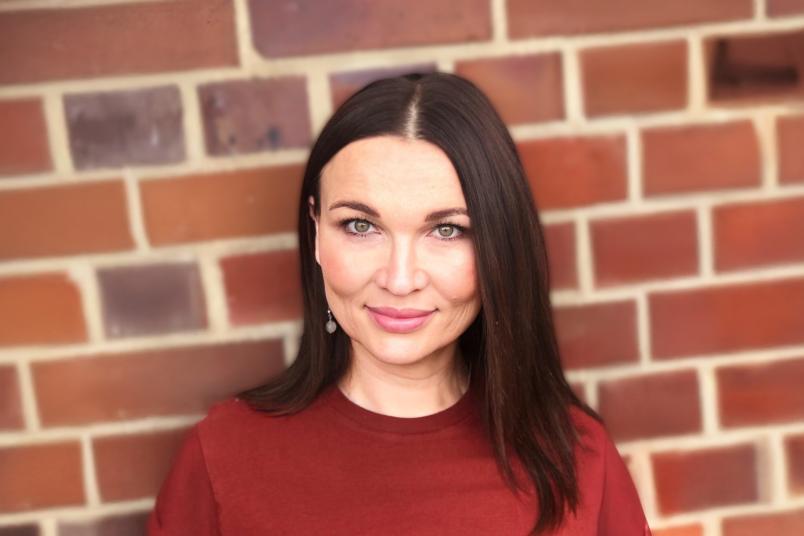
Olimpiada Usanova is currently working as a Philipp Schwartz Fellow at the Marie Jahoda Center for International Gender Studies (MaJaC ).
Interview
Gender-based violence
An interview with gender researcher Olimpiada Usanova.
As part of the NRW-wide campaign “Gewalt kommt mir nicht auf den Campus”, the “Zentrale Gleichstellungsbüro” interviews the Russian researcher Dr. Olimpiada Usanova, who currently works at the Marie Jahoda Center for International Gender Studies.
How are you addressing gender-based violence in your research?
Gender-based violence is a key component of my research "Status of Women in Russia: Determining and Overcoming the Gender Gap." The study aims to demonstrate how the authoritarian policies of Putin's regime in modern Russia affect the changing role and status of women in Russian society. One manifestation of authoritarianism is the denial of gender-based violence as a societal problem.
How did you come to be interested in your topic?
As a scholar, lawyer (with a PhD in law), and foremost a woman, issues of gender discrimination resonate deeply with me. Russia ranks 81st globally in terms of gender gap. The percentage of women experiencing partner violence can reach 38.2% in Russia overall and 80% in the North Caucasus republics of Russia, exceeding both global and European averages of 30%. The North Caucasus experiences severe forms of gender-based violence such as honor killings, female genital mutilation, child abduction by paternal relatives, early and forced marriages, and bride kidnapping.
About the person
How are recent political shifts and developments affecting your research? What do they mean for the relevance of your research results?
As state violence intensifies in Russia, the level of gender-based violence in society increases and becomes more severe, along with pressure on independent gender studies. Since 2012, many Russian gender research centers and NGOs fighting violence and gender discrimination have been labeled "foreign agents" or liquidated. In 2022, I also received the status of a "foreign agent" for my scientific and human rights activities, which hindered my direct research work in Russia but fortunately made it possible in Germany.
You have not only done research on gender-based violence, but also worked in the active support and counselling of women affected by violence. Can you tell us more about how you connect research and practical commitment?
As a practicing lawyer, I have always defended people from violence in any form - from state violence to gender-based violence. One of my recent cases is a collective lawsuit by 20 girls detained at an anti-war protest against the Russian Ministry of Internal Affairs for police violence in the form of forced nudity while being held in the Center for Administrative Detainees.
Advice centers and expertise at RUB
Advice centers and expertise at RUB
What are your plans for your time in Bochum?
I plan to complete a research project by raising global awareness about the status of women in Russia, as well as promoting a deeper understanding of women's roles in an authoritarian society, including through the lens of gender-based violence in the Russian Federation.
Last, what can each of us at Ruhr University do in order to prevent violence against women?
Violence always thrives in silence. Therefore, the first task is to speak out about it and instill zero tolerance for violence in society. Only by disseminating information about forms of violence, prevention methods, and protection measures can we protect women from it, remove the stigma from victims of violence, and take the first step towards building a non-violent society at the University.
